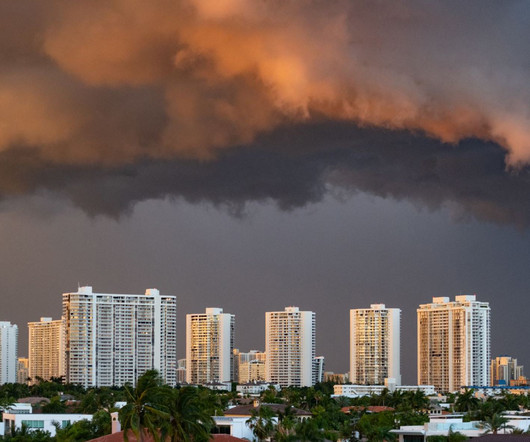September is National Preparedness Month: Is Your Community Ready to Respond to a Severe Weather Event or Emergency?
National Fire Protection Association
SEPTEMBER 8, 2023
While the warmer months of the year signal a time when we can indulge in vacations, beach days, and outdoor activities, the summer and fall are also when hurricanes, thunderstorms, wildfires, and other potential natural disasters make their impressive mark across many areas of the United States, often disrupting the rhythm of our daily lives.













Let's personalize your content